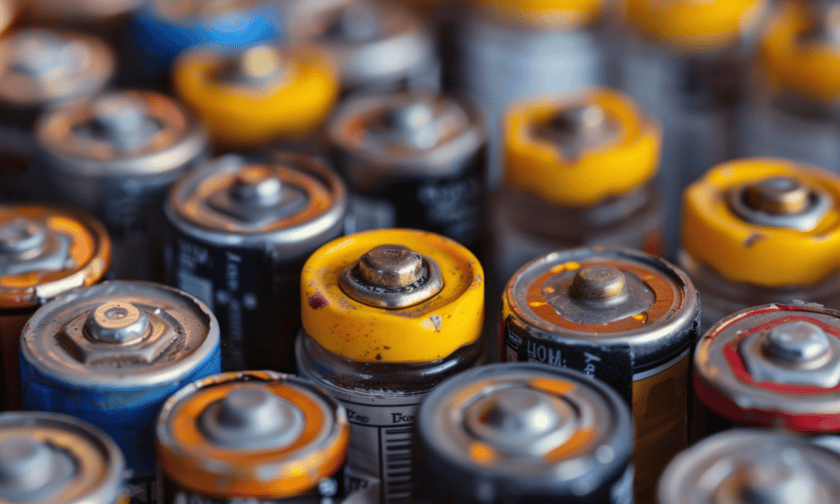

QBE Asia has issued a detailed report titled “Lithium-Ion Batteries: Increased Adoption, Overlooked Risks,” focusing on the growing global reliance on lithium-ion (Li-ion) batteries.
The report highlighted potential hazards and implications for businesses as these batteries see expanded use across multiple sectors, including consumer electronics, electric vehicles (EVs), and renewable energy systems.
Li-ion batteries are a critical component in numerous applications, with adoption surging in recent years. According to the report:
According to HTF Market Intelligence’s latest report, the global hybrid and EV insurance market is set to grow at a compound annual growth rate (CAGR) of 16.88% by 2030.
As Li-ion batteries become integral to modern energy systems, they introduce new operational and safety risks for businesses and consumers alike.
The report identified several risks associated with Li-ion batteries, including fire hazards, manufacturing flaws, and geopolitical challenges.
It underscores the need for a proactive approach to understanding and mitigating these risks.
Thermal runaway is highlighted as one of the most severe risks. This occurs when a battery cell overheats uncontrollably, often triggered by internal short circuits, overcharging, or physical damage. The process can lead to the release of flammable gases, fires, or explosions, which are difficult to contain.
Manufacturing defects, such as contamination of cell components, can lead to overheating or explosions.
Design flaws, including insufficient thermal management systems or inadequate safety mechanisms, further heighten risks, especially in devices requiring high-capacity batteries like EVs and energy storage systems.
The report noted that some high-profile recalls in recent years stemmed from defects that caused battery malfunctions, resulting in injuries and financial losses.
Additionally, second-hand batteries used in rental systems are more prone to failures, increasing the likelihood of thermal runaway incidents.
Supply chain vulnerabilities also pose significant risks. Lithium and cobalt, essential for Li-ion battery production, are primarily processed in China.
Geopolitical tensions and growing global demand could disrupt supply chains, leading to delays and potential safety compromises.
The rapid evolution of battery technology has often outpaced regulatory frameworks. The report cautions that hasty regulatory changes or shortcuts in safety testing may introduce additional risks.
The risks associated with Li-ion batteries present complex challenges for businesses and insurers.
Fires or malfunctions in commercial or residential settings can lead to property damage, injuries, and operational disruptions.
Manufacturers face the possibility of recalls, reputational damage, and legal liabilities if battery failures occur. QBE said insurers must evaluate these risks carefully, considering the potential financial and operational impacts on policyholders.
To manage these risks effectively, QBE advised businesses to strengthen supply chain management, implement robust quality control measures, and stay informed about technological advancements and regulatory updates.
The report calls for greater collaboration between manufacturers, regulators, insurers, and end-users to address the growing risks.
As Li-ion batteries play a pivotal role in global energy transitions, ensuring safety and reliability will require coordinated efforts across the industry.
QBE Asia emphasised that while Li-ion technology offers significant opportunities for innovation, businesses must prioritise risk management strategies to navigate the challenges of this rapidly evolving sector.
